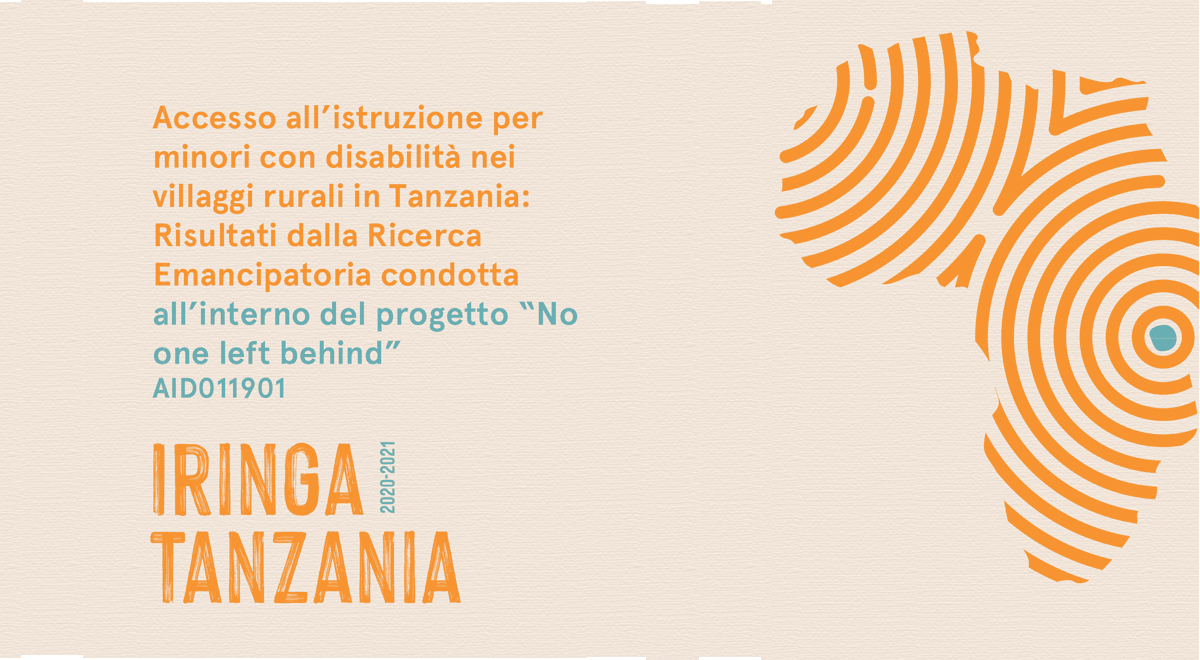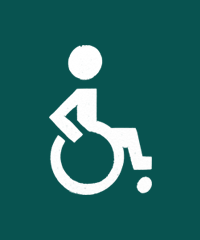Nel distretto di Iringa, le condizioni dei bambini con disabilità e delle loro famiglie sono molto dure. Nonostante alcuni miglioramenti recenti nelle politiche e nei regolamenti, l’accesso all’istruzione è ancora critico per molti di loro. Infatti, i bambini con disabilità sono spesso abbandonati a loro stessi, nascosti in casa, e/o privati delle opportunità di andare a scuola. Per favorire la loro inclusione nella comunità, IBO Italia– che sta portando avanti a Iringa il progetto “No One Left Behind” finanziato dall’Agenzia Italiana per la Cooperazione allo Sviluppo – ha coinvolto ARCO per realizzare una Ricerca Emancipatoria. Questo particolare processo di ricerca sociale permette di produrre nuove conoscenze sulla situazione dei bambini con disabilità che vivono a Iringa e utilizza i risultati della ricerca per fare advocacy al fine di migliorare le loro condizioni di vita.
La Ricerca Emancipatoria permette ai partecipanti di acquisire una ownership dell’intero processo di ricerca: attraverso l’acquisizione di abilità e competenze nella conduzione dello studio, i soggetti di ricerca riescono a condurre tutte o in parte le attività necessarie alla ricerca (dalla decisione della strategia di ricerca fino alla diffusione dei risultati) permettendo così ai ricercatori professionisti di agire solo un supporto scientifico.
Questa Ricerca Emancipatoria è stata strutturata e realizzata attraverso la collaborazione tra gli esperti di ARCO e un gruppo composto da quattro ricercatori locali senza disabilità e sei persone con disabilità. La ricerca si è articolata in diverse fasi: formazione, pilotaggio, identificazione dei co-ricercatori, elaborazione del protocollo di ricerca, elaborazione degli strumenti e selezione della dimensione del campione, raccolta dei dati (sia quantitativi che qualitativi), analisi dei dati e reporting.
Gli strumenti di ricerca quantitativa (co-progettati) includevano: un questionario per la valutazione nei villaggi – per i 3 villaggi identificati dal progetto: Kibaoni, Isimani e Kipera; un questionario per la valutazione nella scuola primaria – per ogni scuola primaria presente nei tre villaggi; e un questionario per la valutazione della famiglia – per 169 famiglie, circa la metà delle quali aveva un bambino con disabilità.
Per gli strumenti qualitativi, i ricercatori hanno scelto le interviste a informatori chiave, i focus group e le life-course interview.
Seguendo un approccio eco-sistemico al benessere dei bambini, i risultati sono descritti per ogni livello: comunità, scuola e famiglia. Per avere un quadro più ampio dei risultati dell’ER, è possibile leggere qui sotto:

